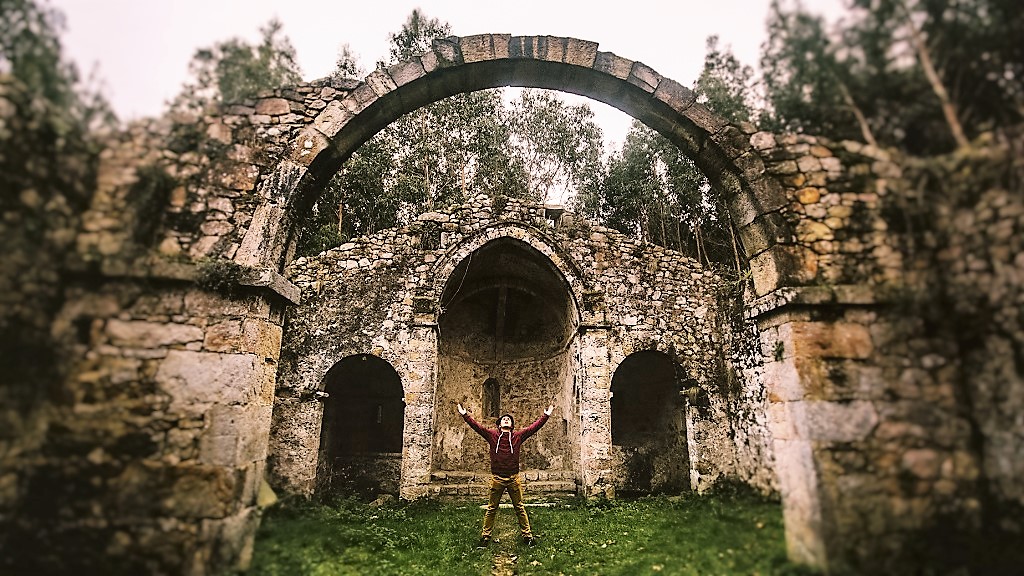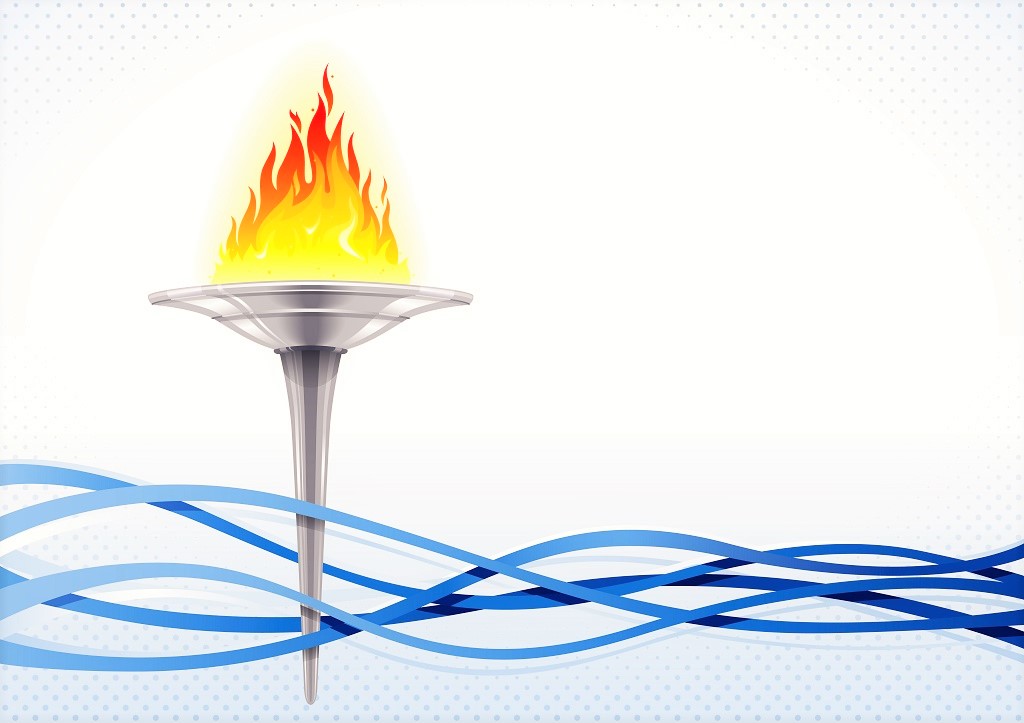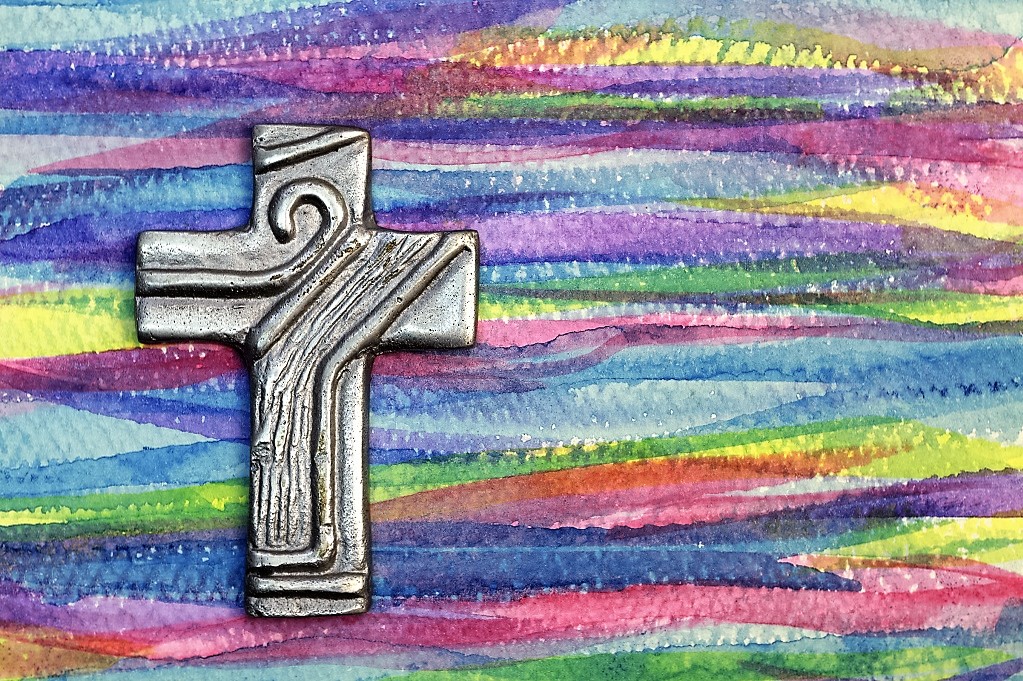Even if you are not athletic, the Olympics are fun to watch. It is incredible to see what people can achieve, what they can overcome and how human emotions are played out as we cheer on a favorite athlete, our nation, the underdog.
At the Huffington Post, David L. Katz asks, “Is god at the Olympics?” If god (lower-case spelling is Katz’s preferred spelling) is at the Olympics, Katz isn’t all that impressed.
It’s bad enough to lose at the Olympics because someone is better at running, or jumping, or swimming. But isn’t it downright devastating to lose because go prefers your opponent? We must allow that with every attribution of victory and its thrills to god, we are attributing to god as well the agony of defeat by divine decree.
Much the same reasoning extends to us, the spectators. If a member of some religion other than our own attributes their victory to god, and cites prayer as the explanation for their success, does it mean our prayers matter less? If god is listening so attentively to the ‘competition,’ does that mean s/he is not listening to us? …
Conversely, if a member of our faith wins, are we comfortable that it’s because athletes of other faiths have all made the wrong religious choice? Does it mean that the winner is the one who prays the best, or prays to the right deity?
Katz concludes that our world is fraught with so many problems: ISIS, the flooding in Louisiana, fires in California. “If god is really micromanaging outcomes at the Olympics for the sake of whatever contingent,” he says, “I can’t help but wonder: is that really the best use of his time?”
It would be wonderful to have the opportunity to sit down with this author and talk through his assumptions, but this blog post will have to do.
First, one would hope that Katz’s view of God as some sort of “divine accountant,” managing one gold for a Christian, a silver for an atheist, and a bronze for a Jew in one event, and then tallying medals for a Muslim, a Sikh and a Hindu in another is not truly how he sees God. No one should see God as playing favorites in such circumstances, or denying an athlete a medal simply because she is the “wrong” faith. That vision of God makes him seem both cruel and petty. It’s also a very limited view of God: if God is here (at the Olympics) then he cannot possibly be there (with victims of the flooding in Louisiana.) And while we are all guilty of it at some time or another, it does take a bit of hubris to say, “Hey, God! Do you really think that’s the best use of your time? Come here – we gotta talk.”
It’s also clear that Katz has not been listening to the athletes themselves at the Olympics.
David Boudia – diving: “God was completely sovereign throughout this entire journey. He knew how it was going to happen, when it was going to happen and we know why it happens – to make me more like Christ.”
Jordan Burroughs – wrestling: I’ve been blessed with tremendous gifts, and it’s my job to use those gifts to inspire others. As a man of faith, I take great responsibility in being a good steward of my talent . . . God has created unique … avenues to allow me to glorify him.”
Maya DiRado – swimming: “I think God cares about my soul and whether I’m bringing his love and mercy into the world. Can I be a loving, supportive teammate, and can I bless others around me in the same way God has been so generous with me?”
Brady Ellison – archery: “Once I put winning in God’s hands, I stopped worrying about that . . . I just went to tournaments and shot with no fear, doing only the best I can do and leaving the rest up to God.”
Katie Ledecky – swimming: “My Catholic faith is very important to me. It always has been and it always will be. It is part of who I am and I feel comfortable practicing my faith. It helps me put things in perspective.”
Ibtihaj Muhammad – fencing: “I have so many messages across my social media platforms. It almost seems to be this trending thing, where our girls are being told that there’s things that they can’t do or shouldn’t do. And it’s not necessarily specific to Muslim girls. I would say there are tons of girls out there who find inspiration in my story regardless of their faith and are becoming more involved in sport.”
The message of faith that these athletes have espoused during their time at the Olympics is not “God picked me to win above all the rest of you” or “I prayed the hardest so clearly that’s why I won.” Rather, their message has been: God sustains me.
Most of us will never know the time, pain, sacrifices and dedication it takes to reach this level of athletic achievements. Of course it takes difficult choices. A person has to have a certain amount of natural ability. But there are many talented people – fast people, strong people, people who can jump and tumble and lift – that never make it to the Olympics. There is some unquantifiable “thing” – call it grit, call it resolve, valor, guts – that get certain people to the Olympics at a certain point in time. And while it’s clear that many people who do not believe in God have achieved Olympic glory, it is also clear that those who do believe in God do not credit Him with their winning, but rather credit Him with the fortitude and sustenance needed to do what they do.
Perhaps the best example of this happened two days ago, in the women’s 5,000 meter qualifying race. Two runners, Nikki Hamblin of New Zealand and Abbey D’agostino of the US, tangled feet and both fell.
With Hamblin lying on the floor behind her, D’Agostino got back to her feet but refused to continue the race. Instead, she sacrificed her race and turned around to help the prone New Zealander.
The pair hugged at the finish line after finishing well back from the rest of the field. Hamblin finished after 16 minutes and 43 seconds, while D’Agostino eventually finished after 17 minutes and 10 seconds, more than two minutes after the winner of the heat, Almaz Ayana, from Ethiopia.
Hamblin was in shock that a woman she didn’t know would do this, and said of D’Agostino, “That girl is the Olympic spirit right there…”
D’Agostino later discovered that she had torn her ACL and won’t be running again any time soon. But of her Olympic experience in Rio, she had this to say:
Although my actions were instinctual at that moment, the only way I can and have rationalized it is that God prepared my heart to respond that way… This whole time here he’s made clear to me that my experience in Rio was going to be about more than my race performance — and as soon as Nikki got up I knew that was it …
I felt the peace that comes with acknowledging that I’m not going to run this race with my own strength. And I think that acknowledging those fears before God is what allowed me to feel that peace and I was drawn to it and I wanted to know a God who would work that way in my life.
Is God at the Olympics? For believers, the answer is, “Of course. God is everywhere.” And for believers, the evidence is not in who wins or who loses, but in the experience and the witness. For people like David L. Katz, there would likely never be enough evidence to “prove” that God is at the Olympics. And that’s sad, because God’s presence there has been uplifting, powerful and astounding – everything the Olympic spirit should be.











